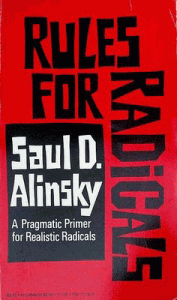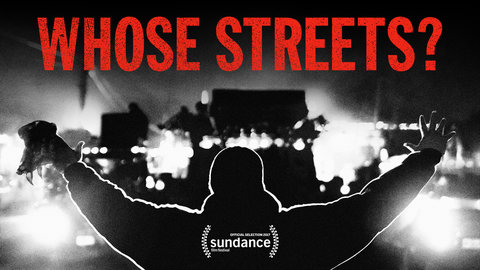
Why is this guide relevant to you and the Simmons Community?
So many of us would not call ourselves activists. There are many assumptions about what activism looks like. Not all of us can risk getting arrested, attending protests, or the like. But that doesn't mean we are not activists. Writing letters to political leaders, organizing a sit-in, boycotting certain products and businesses are all forms of activism. Even if what we do is small, micro-activism is super important because it can and does lead to macro-activism. Social movements take time to grow and gain strength so every little step counts.
It can be overwhelming thinking about where to start. Here is where this guide can assist you. This guide provides foundational readings on activism and social justice, ways to understand the system at play, organizations you can join in Boston (and other nearby areas) and organizations and movements on a national level. However you want to start, this guide can make the steps you take a little bit easier.
Remember, there are no perfect activists. Activism can and does take an emotional toll on our mental, physical, emotional, and spiritual health and because of this, there is a section of self-care. Burn-out is very real.
However you approach this guide, I hope you not only find it useful but inspiring.
Love and Resistance,
Dawn
“Activism is quite simply taking action to effect social change; this can occur in a myriad of ways and in a variety of forms. Often it is concerned with ‘how to change the world’ through social, political, economic or environmental change. This can be led by individuals but is often done collectively through social movements.” --Permanent Culture Now.
 Rules for Radicals
by
Guides young revolutionaries in the art of human communication and explains the tactics of organizing others to work within the system for social change.
Rules for Radicals
by
Guides young revolutionaries in the art of human communication and explains the tactics of organizing others to work within the system for social change.




Decades before women in America gained the right to vote, Boston businessman John Simmons had a revolutionary idea—that women should be able to pursue an education that would allow them to earn independent livelihoods and lead meaningful lives. This same spirit of inclusion and empowerment produced the first African-American Simmons graduate in 1914 and made Simmons one of the only private colleges that did not impose admission quotas on Jewish students during the first half of the 1900s.
Activism—engaging in action or involvement as a means of achieving political, social, or economic goals—has remained an important facet of the Simmons experience throughout the College’s history. From the establishment of the Student Guild by the first class to attend Simmons, to campus involvement in the anti-war and civil rights movements of the 1960s, to advocating for equality and fairness for all members of the community, Simmons students have driven change in important ways.
This guide is continuously updated. If there is something missing, please send us an email at library@simmons.edu. After all, this guide is for YOU.